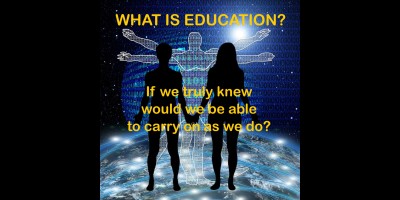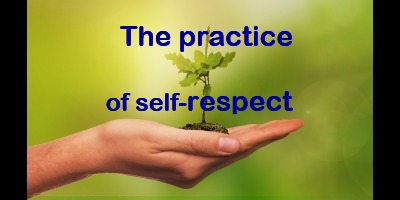Chapter 1: What is education?
Part 1: What is Education? Chapter 1 . Introduction: What is education? This chapter explains the difference between education and schooling. It proposes that the purpose of education to to enable learners to develop their own good life, which inevitably has much to do with defining a good society. Anything less than giving priority to […]
Chapter 1: What is education? Read More »
Part 1: What is Education? Chapter 1 . Introduction: What is education? This chapter explains the difference between education and schooling. It proposes that the purpose of education to to enable learners to develop their own good life, which inevitably has much to do with defining a good society. Anything less than giving priority to

